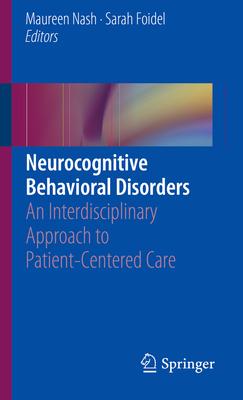This book approaches dementia by reviewing cognitive and functional assessments to provide a more accurate diagnosis, which then allows physicians to design specific interventions that are tailored to the person and their challenges. Because person centered care is vital to quality of life and longevity to an aging patient, this understanding of individual needs is vital.
Written by experts in the field, this book incorporates the latest evidence-based behavioral interventions matched to specific deficits. Behavioral management focuses not on controlling behavior, but using it to teach staff and caregivers how to interpret common actions and maximize function for people with major neurocognitive disorders. Quality of life and individualized care planning will be the theme and the book will provide practical case examples.
The book begins by introducing dementia and other neurocognitive illnesses, contextualizing them both historically and contemporarily. Next, the text focuses on the comprehensive assessment of a person with neurocognitive challenges in order to identify strengths and understand what the person is trying to communicate with their behavior. This process allows individualized care planning and behavioral (non-pharmacologic) management to meet the cognitive challenges and maximize individual strengths and thereby improve outcomes, makingthis a cutting edge resource.
